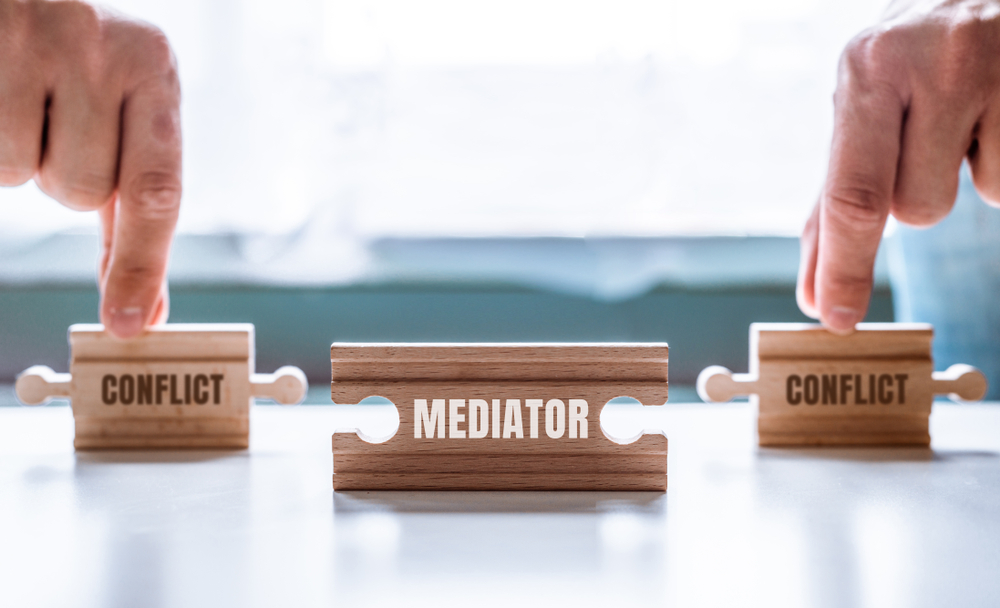Court-appointed mediation is also a way to resolve the end of marriage / divorce agreements (child custody, alimony, and property distribution issues) without the time and expense of a court trial.
Family mediation can also be sought by families in private. It can be used for a variety of family matters beyond judicial mediation, including prenuptial agreements, parent-teen disputes, adult sibling disputes, and estate planning. Regardless of whether you participate in court-appointed or private mediation, there are many benefits:

• Family mediation is often a less expensive way to resolve disputes compared to the courtroom
• Can solve problems beyond the power of the courts to litigate
• It is more convenient than traditional litigation
How does mediation work?
A session is supervised by a mediator. For court-ordered mediation, the mediator must be registered in court systems. This may be a lawyer, certified public account, psychologist, or other moral professional who has received mediation training. A mediation session generally lasts from one to three hours. Many disputes can be resolved in one session, but some disputes, such as divorce settlements, require more than one session.
The two odd parties and the mediator are present at the Mediation session. If you participate in mediation and have a personal attorney, your attorney will likely also attend the mediation session. The mediator's job is to negotiate an agreement between the two parties.
A mediator does not make decisions: his job is only to negotiate an agreement that both parties agree to
When an agreement is reached between the two parties, it will be written by the mediator and signed by both parties. If mediation is appointed by the court, the settlement will be sent to a judge for approval, where it will then be filed with the court. If you participate in private mediation, the agreement remains a legally binding agreement; Think of it as a contract. If the contract is breached, you can bring the guilty party to court.
Since mediation agreements are so serious, you should consider how the agreement will affect you in the long term, even if you do not have a lawyer to attend the mediation session, you may want a family law attorney to review the agreement. before the mediator finishes the paperwork. A mediator will generally have a mediation agreement for two business weeks if it needs to be reviewed by an attorney.
A downfall of mediation is that both parties must be willing to participate in mediation for it to be successful. Because a mediator does not make decisions for the parties involved, the parties must work together to reach a shared agreement. However, this decline can also be seen as one of the benefits of mediation. Instead of other people making decisions for you, you can participate in decisions that will affect your life.
No comments:
Post a Comment